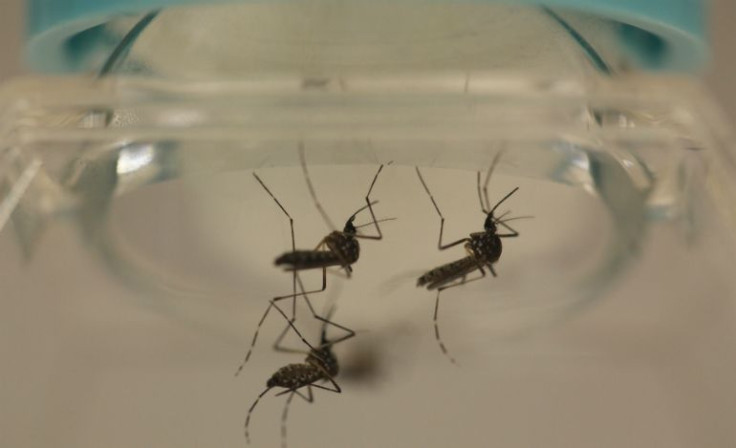
More than 40 people have died in Argentina, which is combating a record outbreak of dengue fever.
The infection, which has affected more than 60,000 people, mainly in north-west Argentina, is spread by Aedes aegypti mosquitoes, reported BBC.
The last big outbreak to hit the country was three years ago. However, the country's health ministry said that dengue cases are starting to plateau.
Dr. Tomás Ordun, an infectious disease specialist and former head of Tropical Medicine at Muñiz Hospital in Buenos Aires, said that Argentina is facing a major outbreak and that it is the "fourth major epidemic outbreak in the history of the country."
Last week, the Health Ministry released the National Institute of Viral Diseases' genetic sequencing studies. They indicated that there are two variants in circulation, with one being Dengue Serotype 1. It has traditionally circulated in Argentina. The other one is Dengue Serotype 2. It is typically less common, and perhaps accountable for the rise in infection rates, as per Buenos Aires Times.
Biologists are irradiating thousands of male mosquitoes in labs. They will be released later. It is something that biologists are doing in the hope that their offspring will be unviable because of the DNA damage.
Biologist Marianela Garcia Alba told Reuters due to the rise in temperature in Argentina and the world, the mosquito is "able to spread more," and that their "population keeps on moving further south."
She added that the aim is to curb the spread of dengue by making the mosquitoes that have been exposed to radiation the dominant type.
The highest numbers of deaths were recorded in the north-western provinces of Tucumán, Jujuy and Salta.
For people in Córdoba and Santa Fe where there are high infection rates, the fear around the spread of dengue is similar to the paranoia that spread with Covid-19.
Symptoms of dengue include not just a fever, but also headaches, aching joints and nausea.
The health ministry has urged people to use mosquito netting on doorways and windows, insect repellent and remove water containers that may serve as breeding grounds.
Last week, authorities revealed that after positive results elsewhere in the region, a new dengue vaccine (QDENGA or TAK-003) is being tested by the National Administration of Medicine, Food and Medical Technology (ANMAT).
The vaccine, which is developed by a Japanese firm called Takeda Laboratory, has performed well during testing in Brazil. It is currently approved in Europe.
For maximum efficiency, QDENGA requires two doses over a three-month period. It is expected to gain approval from ANMAT by the end of 2023 or in early 2024.
For now, there are no other approved vaccines or specified treatment options for dengue in Argentina.
© 2025 Latin Times. All rights reserved. Do not reproduce without permission.




